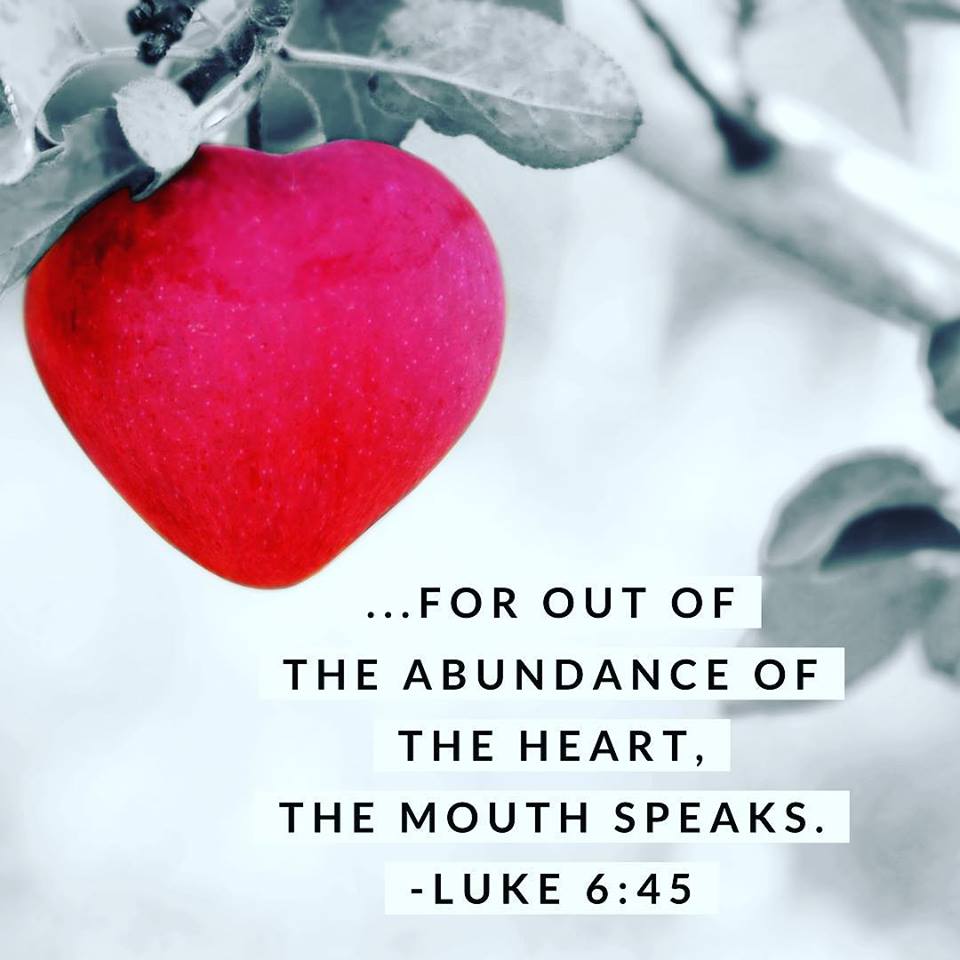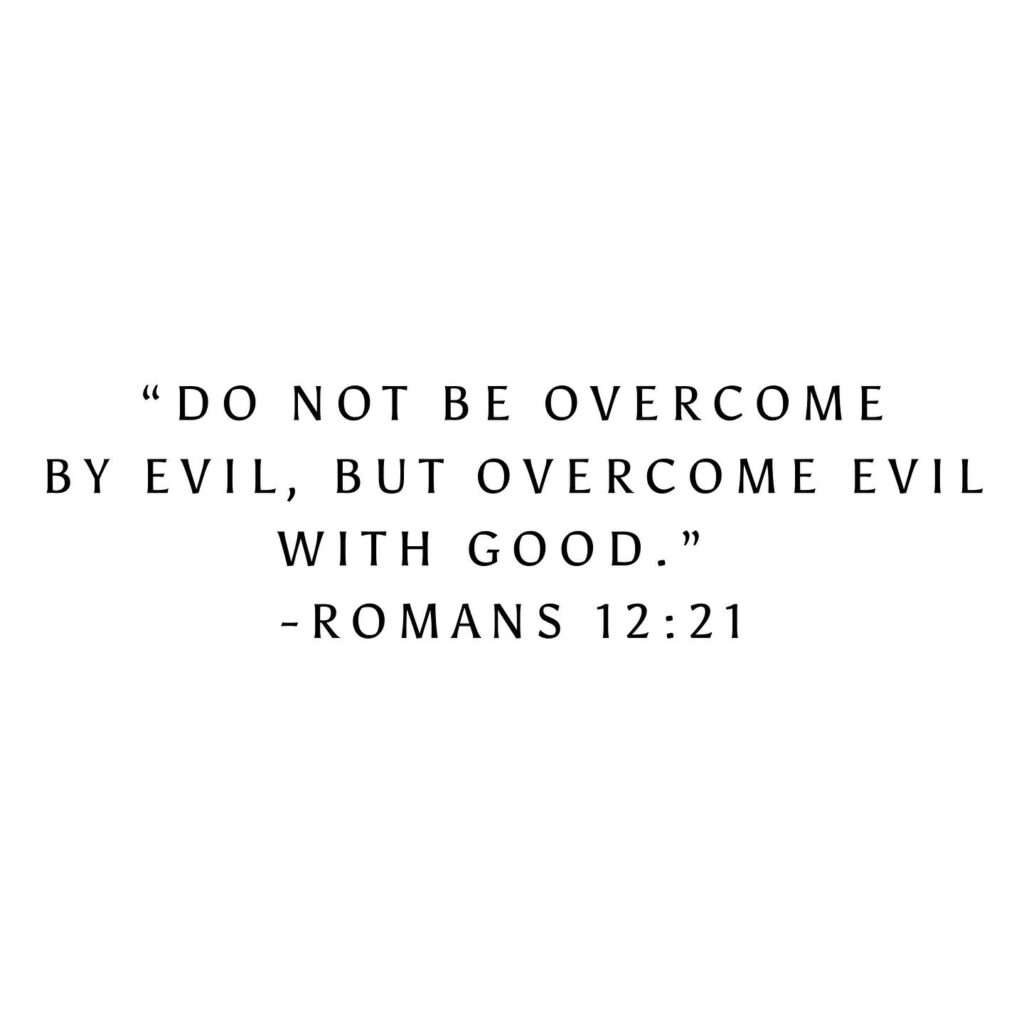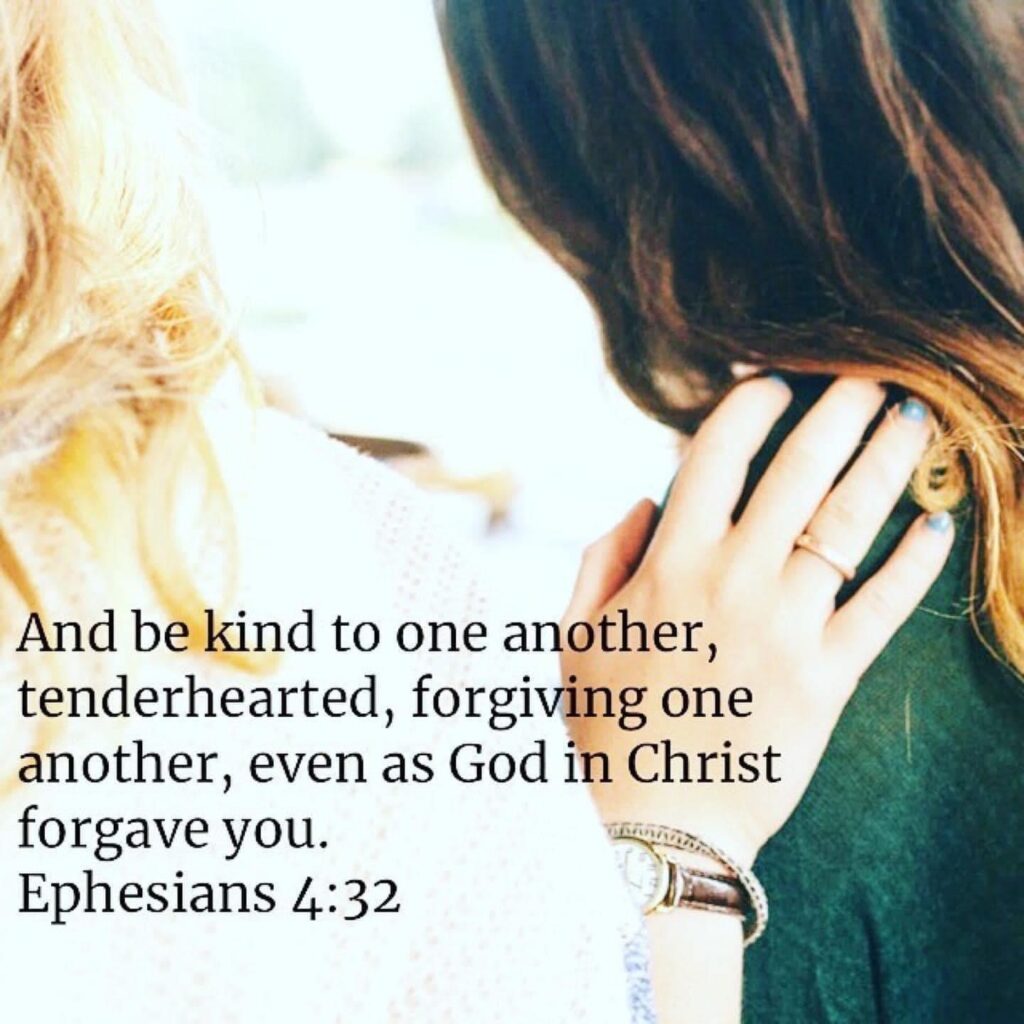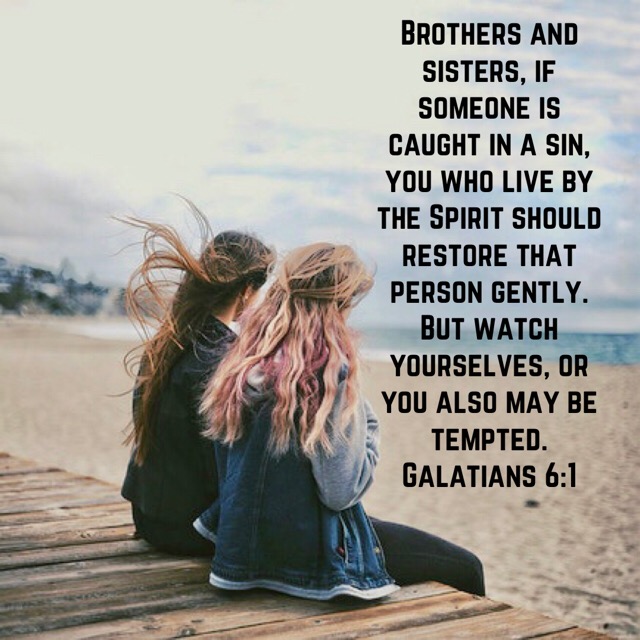Category: Conflict In Relationships
Relationship Conflict
God cares about our relationships and wants us to be right with one another. Too often close relationships are torn apart due to hurts, misunderstandings, offenses, pride, unresolved issues, and emotions can run deep, cut at the heart filling us with bitterness, anger, and unforgiveness. And usually, it’s the relationships we treasure the most that breakdown and cause the deepest pain.
Rather than confront the issues, it may seem easier to avoid, blame others, and feel justified holding on to our hurts and anger.
Yet God calls us higher. His word says that as much as depends on us to live at peace with all people (Romans 12:18).
We need to forgive those who have wounded us and ask for forgiveness when we have wounded others. We will never be free unless we learn how to forgive and release our offenders at the foot of the cross. We need only take ownership of our wrongdoings and leave the rest at God’s feet endeavoring always to extend grace and leave the door open for reconciliation whenever possible.
Are you struggling with forgiveness?
Sometimes all it takes is to go to Jesus with a sincere heart and ask
Him to give you a willingness to forgive, make amends, and pursue peace.
When Helping Is Hurting
When someone is caught up in the throes of addiction, they are in bondage. They have lost the ability to stop using altogether. Family members of loved ones trapped in the cycle and the roller coaster of addiction do not comprehend the insanity of addiction. They honestly believe that if their loved one cared about their family, they would stop. Since they don’t understand the dynamics of addiction they think they can shame, guilt, manipulate, threaten or bribe someone into quitting. What they don’t understand is that you cannot rationalize addiction. People will go insane trying to get their loved ones to stop using often caring more about the addict’s life and responsibilities than they do, and become fixated on trying to fix, change, manage and control the addicted person’s behavior. And because they think they can love someone enough for them to stop using, they often enable the bad behavior by not allowing people to suffer the consequences of their poor choices that hurt them and those around them. Thus without realizing it, they reinforce the bad behavior and offer the person in bondage no incentive to change or seek help. This allows the addiction to continue and hinders “the bottom” necessary for getting to a sweet place of brokenness and surrender required for healing and breaking free from the bondage of addiction.
Doesn’t the Bible tell us to help the needy? Yes, but it also tells us to be wise. Often our helping is actually hurting. But how do we know the difference? Helping is doing something for someone else that they are not capable of doing for themselves. Enabling is doing things for someone else that they can and should be doing for themselves. Enabling encourages and helps the addict to stay in addiction.
On the surface, the “enabler’ may appear to be doing all the right things and doing good things to stop the user from destroying themselves, but often the enabler needs as much help as the addicted person. The only difference is that one behavior looks very good on the surface while the other not so good. The truth is they both need help.
Make no mistake about it! Allowing someone to continue in their addiction without making them accountable for their destructive behavior is enabling, it’s destructive, and must be addressed. Because it hurts everyone involved and cosigns with the enemy to destroy families, relationships and separates us from God. Both sides need to take responsibility and be accountable for their side of the fence. What, they both have in common is an inner woundedness. There is a deeper issue causing the addiction and the enabling. The difference is that it’s harder for the enabler to see their need for help because the rooted issues do not manifest in seemingly negative behaviors shunned by the Church and society but are instead applauded as selfless acts of mercy and love. Enabling allows the addict and enabler to stay in bondage, preventing them from seeing their need for help, and the destructive cycle will continue for a lifetime without intervention.
“Brothers and sisters, if someone is caught in a sin, you who live by the Spirit should restore that person gently. But watch yourselves, or you also may be tempted.” (Galatians 6:1)
“Take no part in the unfruitful works of darkness but rather expose them.” (Ephesians 5:11)
When Others Hurt Us

Others may have done things in the past to make you feel angry, victimized, unappreciated, and used. Indeed, you may have a valid reason to feel anger.
You may have been taken advantage of and victimized by others. You may have been unappreciated by others. You may have been used by others. These are common experiences of just about all people.
However, when these kinds of occurrences happen in life we have a choice to make. We can choose to be drawn into the darkness put upon us by others or we can choose to stay out in the light and love of Christ.
If you are truly a child of God, others may try to do things to make you angry but you do not have to respond or feel angry.
In Christ, others may try to victimize you but you do not have to be a victim. In Christ, others may not appreciate you but you do not need the appreciation of others.
In Christ, others may use you to their advantage but you do not need to feel used because you have given over all of who you are to Him who died for you.
The power we live under in Christ is an insulating power for our hearts. This insulating power keeps us from feeling angry, victimized, unappreciated, and used by others.
“Above all guard your hearts, for out it flows the issues of life.” (Proverbs 4:23
The Root of Relationship Conflict
 There is a direct correlation between relationship conflict and negative emotions. We were designed for love and intimacy. Sadly, many of us were not given healthy forms of love. So we enter relationships with baggage full of skewed love systems and unmet needs expecting the other person to meet our emotional needs. However, since unhealthy people tend to attract unhealthy individuals into their lives who enter the relationship with their own emotional baggage – unmet needs and skewed forms of love expecting us to love them as they think they should be loved, it’s a great recipe for emotional pain and conflict. People enter relationships with all kinds of learned negative patterns of behavior for dealing with relationship conflict.
There is a direct correlation between relationship conflict and negative emotions. We were designed for love and intimacy. Sadly, many of us were not given healthy forms of love. So we enter relationships with baggage full of skewed love systems and unmet needs expecting the other person to meet our emotional needs. However, since unhealthy people tend to attract unhealthy individuals into their lives who enter the relationship with their own emotional baggage – unmet needs and skewed forms of love expecting us to love them as they think they should be loved, it’s a great recipe for emotional pain and conflict. People enter relationships with all kinds of learned negative patterns of behavior for dealing with relationship conflict.
Living In Peace With Difficult People
 “Bitterness is like a rock thrown into a placid pond; After its initial splash it sends out circular ripples that affect the whole pond. It starts with ourselves, expands to our spouse, then to our children, friends, and anyone we come in contact with.” (Pastor & Dr. Chuck Lynch)
“Bitterness is like a rock thrown into a placid pond; After its initial splash it sends out circular ripples that affect the whole pond. It starts with ourselves, expands to our spouse, then to our children, friends, and anyone we come in contact with.” (Pastor & Dr. Chuck Lynch)
People hurt, mistreat, abuse, abandon and betray us.
God sees and validates our pain. But he also tells us to pursue peace so that we do not fall short of His grace and let bitterness take root to defile us.
Bitterness comes when we hold on to hurt and refuse to forgive those who have hurt us. It affects everything around us and causes us to have a hardened heart. We can even take on a victim mentality where we feel constantly wronged by others. It will pollute our overall view of the world and affects how we treat people.
No matter what we are not entitled to our sinful responses to how others have hurt us. Doing so only causes separation between God, ourselves and others.
We can’t change people or make them see the error of their ways but God can. But we can take our wounded hearts, bitterness, and unforgiveness to the one who has shown us how to love mercy instead of demanding justice.
Bitterness hinders repentance and forgiveness in relationships. The cure for bitterness starts with our hearts. It’s not something we do flippantly or dismissively without considering the cost of the sin committed against us, its effects and the wounds left behind.
Ask Jesus to help you process the hurts and choose to forgive. You will then have a beautiful gift to offer others – true forgiveness from the heart. A heart that says what you did to me hurt me deeply, but I choose to forgive you and release you from a debt you cannot repay just as my precious Jesus forgave me and released me from mine.
Responding In Grace
 Every person has a learned pattern of behavior when dealing with conflict. Some lash out; others become critical, defensive and sarcastic, while some retreat like a turtle and avoid conflict altogether. None of these patterns work towards solution and even create more conflict adding layers of bitterness and resentments causing hearts to get hardened and broken intimacy in relationships.
Every person has a learned pattern of behavior when dealing with conflict. Some lash out; others become critical, defensive and sarcastic, while some retreat like a turtle and avoid conflict altogether. None of these patterns work towards solution and even create more conflict adding layers of bitterness and resentments causing hearts to get hardened and broken intimacy in relationships.
What’s God’s solution when conflict in relationships arises? GRACE! You see people model what was modeled to them. If they attack, they were attacked. If they are critical, they were criticized. If they avoid, stuffing and avoidance was the name of the game growing up. These patterns are brought into relationships and affect those we love. It’s important not to personalize the wrongful reactions of other people. It has more to do with their faulty filters and less to do with you. Grace understands this. It can build a bridge to healthy relationships.
God’s word says “Let your conversation be always full of grace, seasoned with salt, so that you may know how to answer everyone.” Instead of getting angry and replying in kind commit to sifting every conflict through a grace sifter. Nothing gets through unless it contains grace. Just like a flour sifter catches big lumps of flour that will ruin a recipe – nothing critical is allowed to sift through that will ruin our relationships. There is nothing wrong with the flour it’s just the wrong consistency. Likewise, conflict issues are legitimate and must be addressed and dealt with. But it’s our negative reaction to conflict that needs sifting through the filter of grace.
The next part of the recipe calls for seasoning with salt. Salt is a preservative. If your conversation is full of grace – allowing for faults and imperfections of others – it preserves relationships and brings peace to our lives. This is the perfect recipe for healthy God-centered relationships. Let’s get to cooking with grace.
“But above all these things put on love, which is the bond of perfection.”
Colossians 3:14




